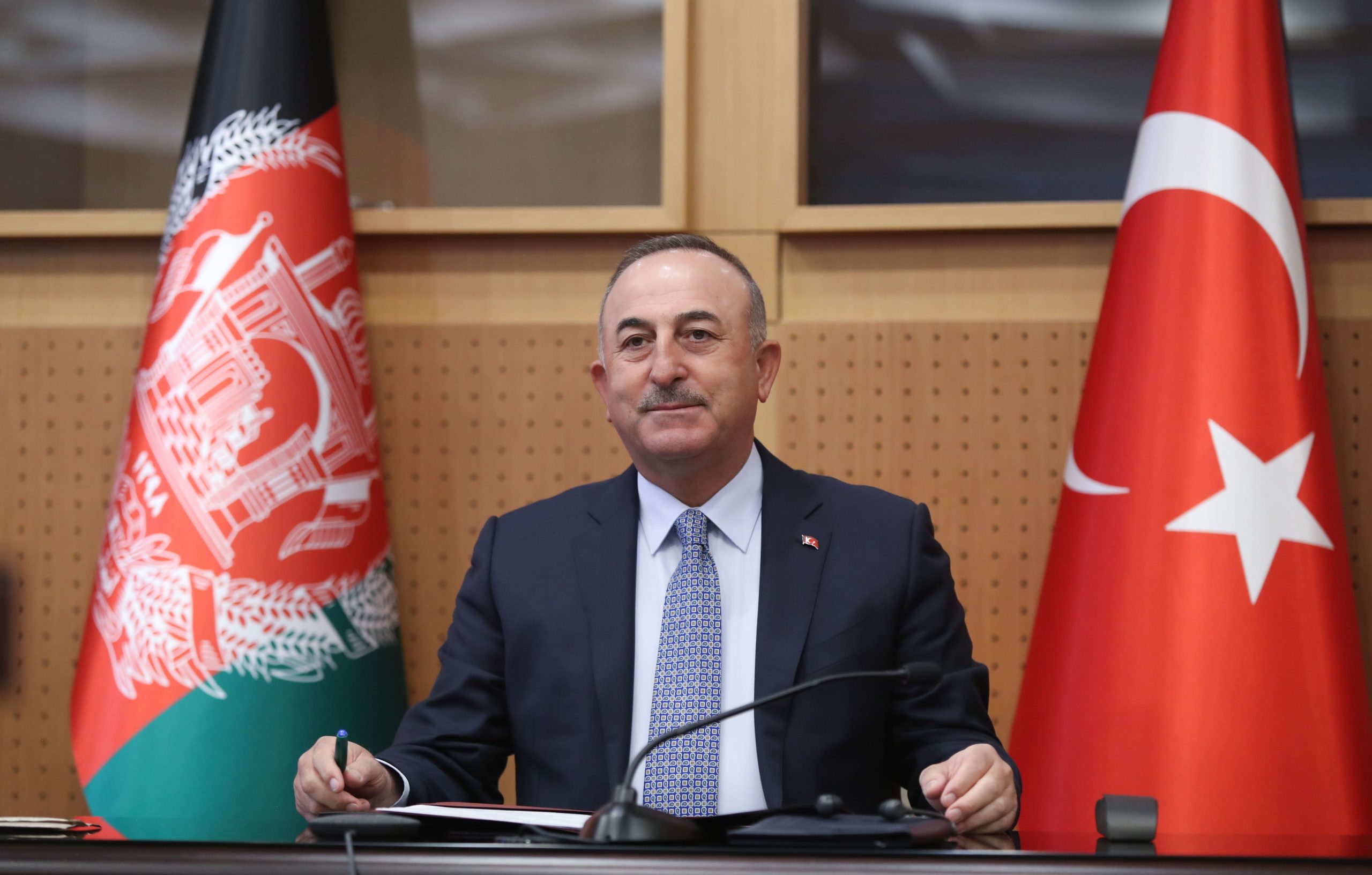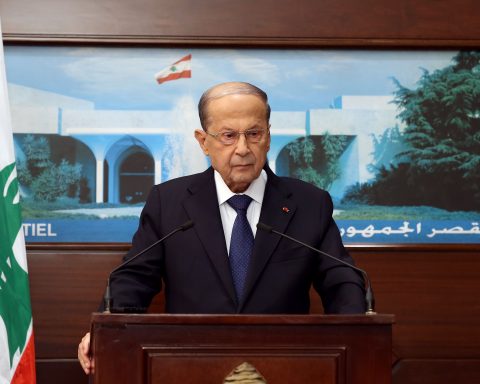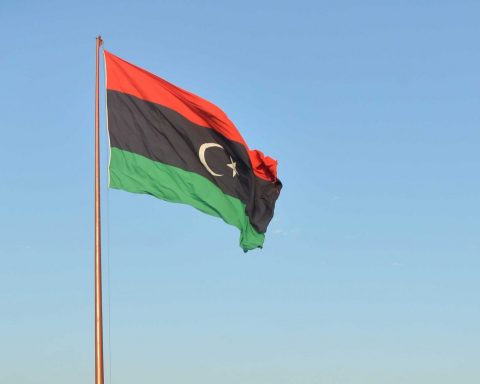The recent US withdrawal from Afghanistan has shifted many cards on the global geostrategic chessboard. The shambolic manner by which it was done drew much criticism in the US and major Western capitals. Such criticism stems from many perspectives, political, economic, and perception-wise. However, from a geopolitical standpoint, the US retreat from Afghanistan seems to be the costliest.
Key Western theorists have long emphasized the importance of Central Asia. One of the most vocal advocates of the region’s importance was the 19th-century British political geographer Halford Mackinder, who put forward the theory of the Asian heartland. In his concept, MacKinder argued that any superpower worth its name must control the vast land mass he called “Euro-Asia” (Eurasia). For him, the global power that commands this singular stretch of land, which links Africa, Asia, and Europe, controls the world. While MacKinder’s theory was fully embedded in British imperial strategy, it later influenced the US containment strategy during the Cold War and afterwards. It certainly influenced the US strategic posture post-9/11 and its decision to invade Afghanistan and Iraq.
Moreover, Central Asia has tremendous potential in terms of energy and natural resources. Kazakhstan and Turkmenistan have abundant oil and natural gas reserves, while Kyrgyzstan, Tajikistan and Uzbekistan have substantial gold reserves. In addition, Kazakhstan possesses the world’s largest uranium reserves. The region also occupies a strategic position in the global in-land energy supply infrastructure. Central Asia is also strategically located between two of the largest energy consumption markets, Europe and Asia. Furthermore, Afghanistan is a key piece in the interconnectivity and stability of the region.
Consequently, Washington’s decision to leave Afghanistan represents a considerable strategic loss for the US. As the adage goes, one man’s loss is another man’s gain, and indeed a cohort of nations, both friendly and hostile to the US, maneuvered to turn the Afghan debacle into an opportunity.
As a US ally and NATO member, Turkey was already present in Afghanistan. Unlike other NATO troops, however, the Turkish contingent did not engage in armed actions against the Taliban and focused on the reconstruction side of the mission. Moreover, with their double Muslim/NATO hats, Turkish troops were not faced with the same hostility. This situation allowed the Turkish leadership to have the required profile to act as mediator and facilitator if needs be. Meanwhile, another key ally of Turkey, namely Qatar, was deeply engaged in the mediation process with the Taliban since 2010 and managed to cash in some significant political dividends from its involvement since then.
From a Turkish perspective, the new situation in Afghanistan represents a major boon from many angles. From a political standpoint, capitalizing on the good Turkish credentials in Afghanistan presents a good card for Ankara to mend fences with Washington. The relationship between both sides went through several ups and downs throughout the past decade. During his campaign trail, Joe Biden sent an acerbic message to the Turkish leadership, and many experts viewed such a step as a precursor to bigger tensions to come.
Therefore, when the White House got enmeshed into the chaotic withdrawal from Afghanistan, Ankara mirrored some of the potential cards that could represent a good saving-face exercise for Washington. Securing Kabul Airport was one of the major of such endeavors prior to the fall of Kabul. The Turkish negotiators hoped that protecting Afghanistan’s only air gateway to the world would present a window of opportunity for Western embassies, major international organizations, and NGOs to continue operating from Kabul. Such a move would have prevented the near-disastrous Dunkirk-like evacuation of more than a hundred thousand civilians. Ankara maneuvered back and forth to secure the Taliban’s acquiescence to its proposal. The abrupt fall of the Afghan capital changed the situation drastically. However, Turkey is still working with Qatar on restoring the airport and ensuring it is up and running for passengers and humanitarian aid.
Another important political role that Ankara could potentially play is the “grooming” of the Taliban. As a guerrilla movement, the Taliban showed that it is an inextricable enemy from a military standpoint. However, their strategic pedigree and diplomatic skills are still subpar. As a force that rules over a strategically important country, the Taliban need to upgrade their capabilities in many fields to avoid becoming a Pariah state once again. The good news is that the Taliban feel the need, now more than ever, to get international recognition and operate the country’s affairs normally. Therefore, they need the support of other nations to learn from them about international standards and adapt to the new realities. Given that Turkey has built a favorable image in the Muslim world with its hard and soft power, Ankara is well placed to fill such a position.
Consequently, Turkey’s President Recep Tayyip Erdogan extended his hand in August 2021 to receive the Taliban leaders in Ankara and expressed Turkey’s readiness to provide technical operation of the airport “if the Taliban so requested.” This gesture was well received by the new rulers in Kabul, who expressed their readiness to assign technical and logistical tasks at the airport to Turkish organizations.
From an economic perspective, the Turkish presence in Afghanistan would open more doors for Turkish companies to participate in the country’s reconstruction. The Taliban spokesperson Suhail Shaheen described Turkey as a major partner in the reconstruction of Afghanistan after the war. The movement seems to be counting on cooperation with Turkey in health care, education, and infrastructure.
Finally, from a strategic point of view, Turkey is aware of the importance of Afghanistan, as Turkish Defence Minister Hulusi Akar described Afghanistan as the “heart of Asia.” Akar indicated that Turkey’s presence would pave the way for expanding Ankara’s political influence and increasing its investment opportunities in neighboring countries.
For a nation that builds its energy security on being a major route and hub for energy pipelines, it is paramount to act proactively to avoid any major crises that could affect the energy supply chain and cost the country billions of dollars. In this context, Turkey is especially looking forward to the Lapis Lazuli corridor project, which links Afghanistan with Turkey via Turkmenistan, Azerbaijan and Georgia, bypassing Iran, Russia and China. This project will no doubt raise Turkey’s geopolitical value as an important energy corridor.
In sum, many factors prompted Ankara’s charm offensive in Afghanistan. Such a proactive stance sends a strong message internationally that Turkey will continue to act as a force for good pan-regionally. A strong middle power, such as Turkey, can indeed help address several types of predicaments that are expected to result from the US withdrawal from the region. It also means that Turkey’s independent foreign policy can be advantageous in crises like these, making Ankara indispensable to Washington and other Western capitals. Already, there is a noticeable change of tone from US officialdom, as the US Secretary of State described Turkey as “an important NATO ally” and “invaluable partner in the region.” Whether such a U-turn represents a long-term trend remains to be seen, but at least the relations have departed from their lowest ebb of January 2021.














